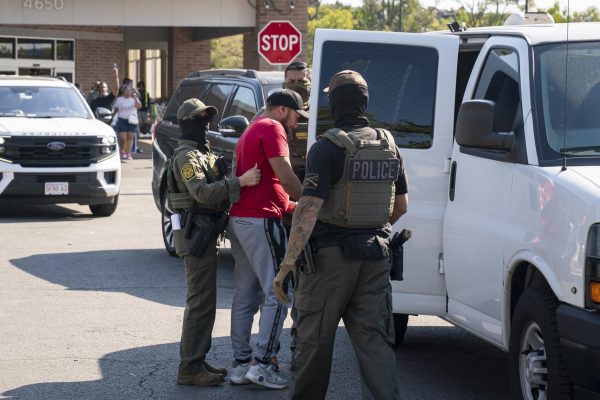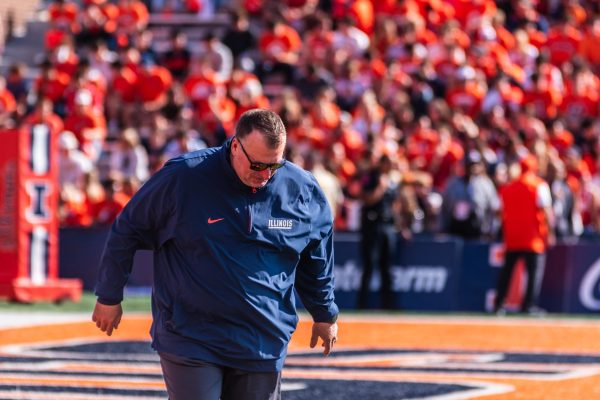Community mentor program seeks volunteers
Oct 27, 2005
Last updated on May 11, 2016 at 11:08 p.m.
In less time than is spent in a University classroom each week, students are changing the lives of area children. University students and others are donating their time as mentors for students in Champaign and Urbana secondary schools.
The C-U One-to-One Mentoring program is looking for stable adults to serve as positive role models for local schoolchildren. At all area schools, there are children coping with issues from self-esteem and peer relationships, to academic difficulties and family problems.
Dave Kikuchi, senior in LAS, began tutoring at Edison Middle School in Champaign during his freshman year at the University. Kikuchi donates one hour of his time a week to the mentoring program.
“I think it is a rewarding experience,” Kikuchi said. “It is fun to talk and hang out with the kids, and there is a child to be mentored for anybody who wants to help.”
Get The Daily Illini in your inbox!
Kikuchi mentors as a Big Buddy from the University’s Habitat for Humanity organization. He visits the same young boy at Edison Middle School each week, helping him with social skills, talking about problems or just playing games.
Ruth Miller, mentor coordinator at Edison, said that mentors do not help the children with academics but could do so in a non-academic way.
“Mentors could help the student organize their notebook or clean out their locker, but the kids already have so many people in their lives telling them what should be done, so the mentor does not push those things too,” Miller said.
Kikuchi played cards with a boy having difficulty with basic math skills last year.
A child becomes eligible for mentoring several ways. Teachers, parents or counselors can recommend the child for mentoring, but most often, the children ask for help themselves, Miller said.
Children are referred for tutoring by teachers or counselors when they are underachieving academically, having trouble with peer relationships, needing an adult role model or missing class periods, according to the One-to-One Web site, www.cu1to1.org.
“We look to help kids who might be receiving average grades and could be doing really well, but just need an extra push,” Miller said.
Children in the program receive guidance and support from a caring adult, encouragement to stay in school until graduation, deterrence from drugs and assistance in choosing a career path.
“We try to get adult volunteers who are stable with the hope that they will mentor that student through graduation,” Miller said.
The program seeks mentors who can commit several years of service to provide the mentee with consistency and a solid relationship. Special scholarships also are given to students who stay with their mentors until their high school graduation.
Miller said that students can still apply for mentor positions but will be reviewed on a case-by-case basis.
University employees receive one hour of release time each week for “formally organized volunteer mentoring activities for local elementary and secondary students in support of target campus outreach efforts,” according to section IX/A – 24 of the University personnel policy amended by the Vice Chancellor of Student Affairs on June 30, 2003.
“It is easy to moan the state of children, schools and education today, but mentoring is an easy way to make a significant, positive impact in the world,” said Barbara Linder, program coordinator for Urbana schools. “Many mentors who are parents say that participation in the program helps them understand their own children better.”





